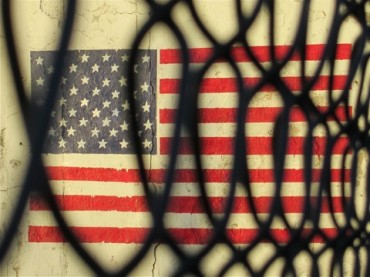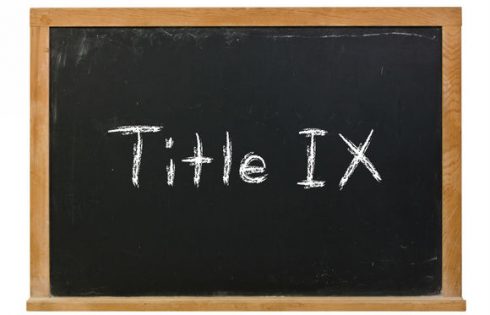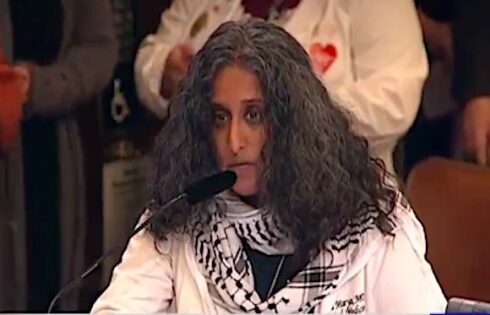
Update on this 9th U.S. Circuit Court of Appeals decision from February: The appeals court on Wednesday refused to rehear a case en banc – the full court reviewing the three-judge panel’s ruling – concerning the extent of First Amendment protections for student speech.
And it has three judges in dissent warning that the 9th Circuit – the most overruled appeals court in the federal system – is going to get overruled yet again by the Supreme Court.
The case concerned California high school students who had worn American flag-themed clothing to school on Cinco de Mayo and were ordered to go home or turn their clothes inside out after Hispanic students complained. The court had said the school didn’t violate the students’ rights to free expression, explaining that
given the history of prior events at the school, including an altercation on campus, it was reasonable for school officials to proceed as though the threat of a potentially violent disturbance was real.
Judge Diarmuid O’Scannlain wrote a dissent joined by judges Richard Tallman and Carlos Bea that scolded the majority of the court for not rehearing the case. It’s a particularly important read on Constitution Day (starting on page 5):
The freedom of speech guaranteed by our Constitution is in greatest peril when the government may suppress speech simply because it is unpopular. For that reason, it is a foundational tenet of First Amendment law that the government cannot silence a speaker because of how an audience might react to the speech. It is this bedrock principle—known as the heckler’s veto doctrine—that the panel overlooks, condoning the suppression of free speech by some students because other students might have reacted violently.
In doing so, the panel creates a split with the Seventh and Eleventh Circuits and permits the will of the mob to rule our schools.
Despite his introductory statement that he “respectfully” disagrees with the majority, O’Scannlain really gives it to them, especially their interpretation of the foundational Tinker decision that first recognized students’ speech rights:
The panel claims that the source of the threatened violence at Live Oak is irrelevant: apparently requiring school officials to stop the source of a threat is too burdensome when a more “readily-available” solution is at hand, … namely, silencing the target of the threat. Thus the panel finds it of no consequence that the students exercising their free speech rights did so peacefully, that their expression took the passive form of wearing shirts, or that there is no allegation that they threatened other students with violence. …
Live Oak’s reaction to the possible violence against the student speakers, and the panel’s blessing of that reaction, sends a clear message to public school students: by threatening violence against those with whom you disagree, you can enlist the power of the State to silence them. …
In this case, the disfavored speech was the display of an American flag. But let no one be fooled: by interpreting Tinker to permit the heckler’s veto, the panel opens the door to the suppression of any viewpoint opposed by a vocal and violent band of students.
Read the full dissent here. For more analysis, see National Review and the Washington Free Beacon.
Like The College Fix on Facebook / Follow us on Twitter
IMAGE: ChrisGoldNY/Flickr






Please join the conversation about our stories on Facebook, Twitter, Instagram, Reddit, MeWe, Rumble, Gab, Minds and Gettr.